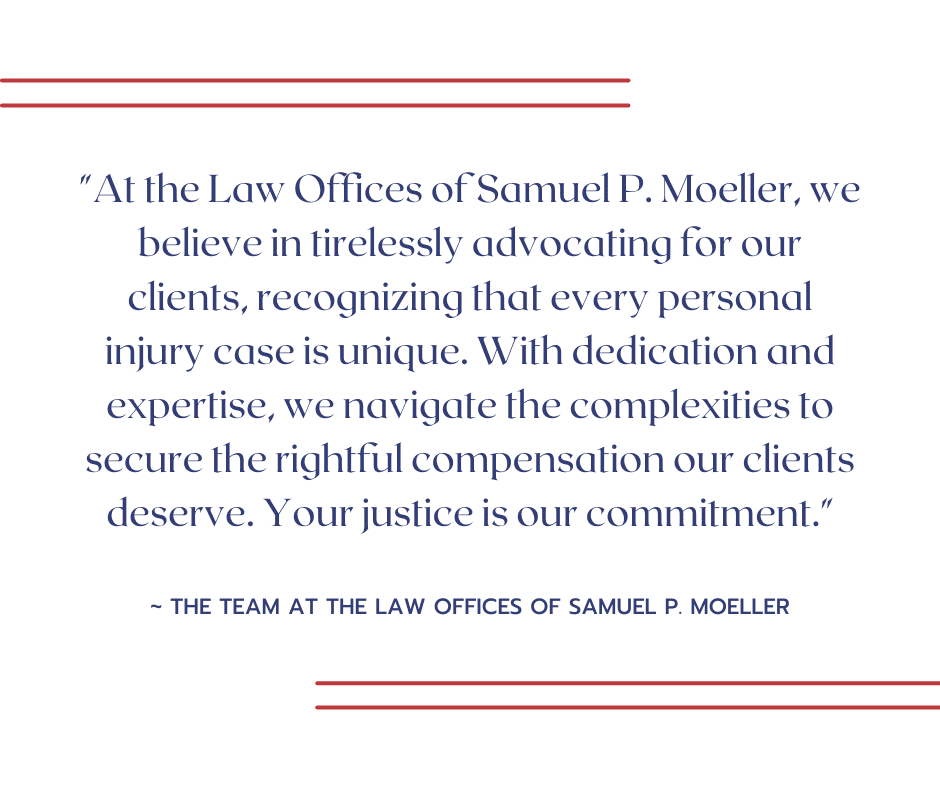Personal injury cases can be emotionally and physically taxing, requiring time and energy and a careful understanding of the various factors that influence the settlement process. When seeking compensation for injuries sustained due to someone else’s negligence, it’s crucial to be aware of the factors that can significantly impact the final settlement amount. In this blog post, we’ll explore some key elements that play a pivotal role in determining the outcome of personal injury settlements.
Severity of Injuries
One of the primary factors that can significantly influence the settlement amount in a personal injury case is the severity of the injuries sustained by the plaintiff. More severe injuries typically result in higher medical expenses, prolonged recovery periods, and a potential for long-term or permanent disability. Courts and insurance companies take into account the extent of physical harm, emotional distress, and the impact on the victim’s quality of life when determining compensation.
Liability and Negligence
Establishing liability is a cornerstone of personal injury cases. If it can be proven that the defendant was negligent and that their actions directly led to the plaintiff’s injuries, it strengthens the case for a higher settlement. Liability may not always be clear-cut, and in some cases, both parties may share a degree of fault. States with comparative negligence laws allow for a reduction in damages based on the percentage of fault assigned to each party.
Insurance Coverage
The availability and extent of insurance coverage also play a crucial role in personal injury settlements. The at-fault party’s insurance policy limits can cap the maximum amount that can be recovered. In cases where the defendant has insufficient coverage or no insurance at all, the victim may face challenges in obtaining full compensation. Understanding the insurance dynamics is essential for both plaintiffs and their legal representation when negotiating a settlement.
Documentation and Evidence
The strength of the evidence presented can significantly impact the settlement negotiation. Thorough documentation of the incident, including medical records, police reports, witness statements, and any other relevant evidence, strengthens the plaintiff’s case. Conversely, a lack of substantial evidence may weaken the position, making it harder to negotiate a favorable settlement.
Pre-existing Conditions
Pre-existing medical conditions can complicate personal injury cases. Defendants may argue that the plaintiff’s injuries were pre-existing and not a result of the incident in question. However, if it can be demonstrated that the accident aggravated or worsened the pre-existing condition, the plaintiff may still be entitled to compensation for the exacerbation of their injuries.
Navigating the complexities of personal injury settlements requires a comprehensive understanding of the various factors that come into play. The severity of injuries, liability, insurance coverage, documentation, and the presence of pre-existing conditions all contribute to the final settlement amount. Victims of personal injury incidents and their legal representatives must carefully assess these factors to build a strong case and negotiate a fair and just compensation. By being informed and prepared, individuals can better position themselves to recover the damages they deserve in the aftermath of a personal injury.

[forminator_form id=”169″]